by AMIT ROY
WHO is the “world’s number one star”?
According to Fatima Bhutto, it’s Shah Rukh Khan, whom she has interviewed for her new book, New Kings of the World: Dispatches from Bollywood, Dizi, and K-pop (Columbia Global Reports; £11.99).
She advances the entertaining thesis that as a global force, American soft power –symbolised by Hollywood, McDonald’s, blue jeans and the like – is being overtaken by “the new arbiters of mass culture”, notably Bollywood. And who better than Khan, with whom she spends a couple of days in Dubai, to act as the symbol of Bollywood?
Bhutto is best known for Songs of Blood and Sword, the painful but gripping account of her family’s history. Her grandfather, Zulfikar Ali Bhutto, was hanged by General Zia- ul Haq, Pakistan’s military ruler. Her father, Murtaza Ali Bhutto, whom she adored, was gunned
down in Karachi allegedly on the orders of his own sister, Benazir Bhutto, and her husband, Asif Ali Zardari.
Unlike her first cousin, Bilawal Bhutto Zardari, the 37-year-old has steered clear of politics.
Born in Kabul, she received her BA from Barnard College in New York, followed by an MA from the School of Oriental and African Studies (SOAS) in London, Bhutto has been a sharp observer of the Pakistani scene. Writing about Bollywood is something of a departure for her.
It is late in the evening when she is summoned to the super-kitsch Palazzo Versace hotel in Dubai to meet the tired Bollywood superstar who has just arrived from attending the San Francisco Film Festival. The following day, she accompanies Khan on a car journey to Abu Dhabi and a flight on a Falcon AW 189 helicopter to the desert resort of Qasr al Sarab.
He stars in what comes across as a nonsensical but hugely popular Middle Eastern TV programme, Ramez Taht El Ard (Ramez Underground). Khan loses his famous cool when the jeep in which he is driven at break-neck speed nearly sinks into a sand dune. The host, who dresses in a lizard skin suit, and others assure Bhutto that “for us, Shah Rukh Khan is
not an Indian star. He is an international star.”
Bhutto seems to have reproduced an exact transcript of what Khan has said, so some of the conversation comes across as a little disjointed, but the author clearly hopes the reader will get the sense of what he is saying.
For example, talking of his stardom, Khan tells her: “One part says that I came into the
film industry when India was opening up, the Indians in the diaspora – including Pakistan
and Bangladesh, I mean the whole south Asia diaspora has the same status – were all proud suddenly having Indian movies to be watched. And second-generation and third-generation people were being made to watch these by the first generation to teach them
culture, to show them this is hamara (our) land.
“Somehow, I led the movement because of the kind of films that I was getting. They were a mix of being cool, which I think people abroad wanted themselves to be felt like. So I
was cool enough and we were traditional enough.”
But then, as he sipped endless cups of coffee, he adds: “Why I am saying all this is because I think none of this is true. I have never been a straight-jacketed, proper hero in my films.”
In Baazigar (1993), for example, he recalls, “I take a girl up to a terrace and throw her off and you’re ok with that. I don’t know why. I don’t watch my films, but I remember when that film released, most of the kids were loving it. And it’s so gruesome.
“There’s a certain kind of goodness I bring to badness. People trust me with badness. You know, normally people trust you if you’re good. I think there’s an inherent quality [in me] that you trust me with badness. You say, it’s ok, if he’s going to be bad, he’s not going to be really bad.”
Bhutto writes that Khan “has fans all over the world, including a coterie of eight to 10 elderly German ladies who have followed him everywhere he goes for the last 20 years, watching him lovingly from the sidelines”.
To be sure, Bollywood is popular in traditional territories such as the UK, much of the Middle East and big swathes of Africa, because even non-Indians find it easier to identify with the emotions and conservative family values expressed in Hindi films rather than the understated style of Hollywood movies. But it comes as a revelation to learn that Khan has a following even in Lima in Peru where there is no Indian population to speak of.
As an intrepid reporter, Bhutto follows the Bollywood trail to distant South America. In Campo de Mart in the centre of Lima, she watches “a group of teenagers in black leggings dancing to Ishq Shava from Khan’s 2012 romantic drama Jab Tak Hai Jaan”.
She says “two little girls, 10-year-old Jamyle and eight-year-old Vanessa, who are part of the Dilwale Dance Group and gearing up for their own performances, tell me they need to speak with me privately”.
Bhutto writes vividly of the encounter.
“‘Have you been to Mumbai?’ Jamyle asks me, bright pink lipstick smeared across her tiny lips.
“‘Yes,’ I say.
“She flaps her hands. ‘Oh my God, oh my God.’
“Vanessa pretends to hyperventilate. ‘Do you have any pictures?’
“Jamyle takes a deep gulp of air. ‘When I dream,’ she confesses, ‘I dream of Mumbai.’”
Maybe Bhutto has a point when she says Bollywood is giving Hollywood a run for its money. She also links the Hindi film industry to social and political changes in India, including the rise of prime minister Narendra Modi.
“Bollywood in Peru is not an elite interest,” she points out. “It belongs to the struggling and the aspirational who see their battles mirrored in the brutal landscape of India’s classic cinema, from the 1950s to the 1980s, where dreams are broken by destiny, wealth is no protector from the whims of gods, and even the powerful are at the mercy of the stars.”
By stars, Bhutto means planetary stars.





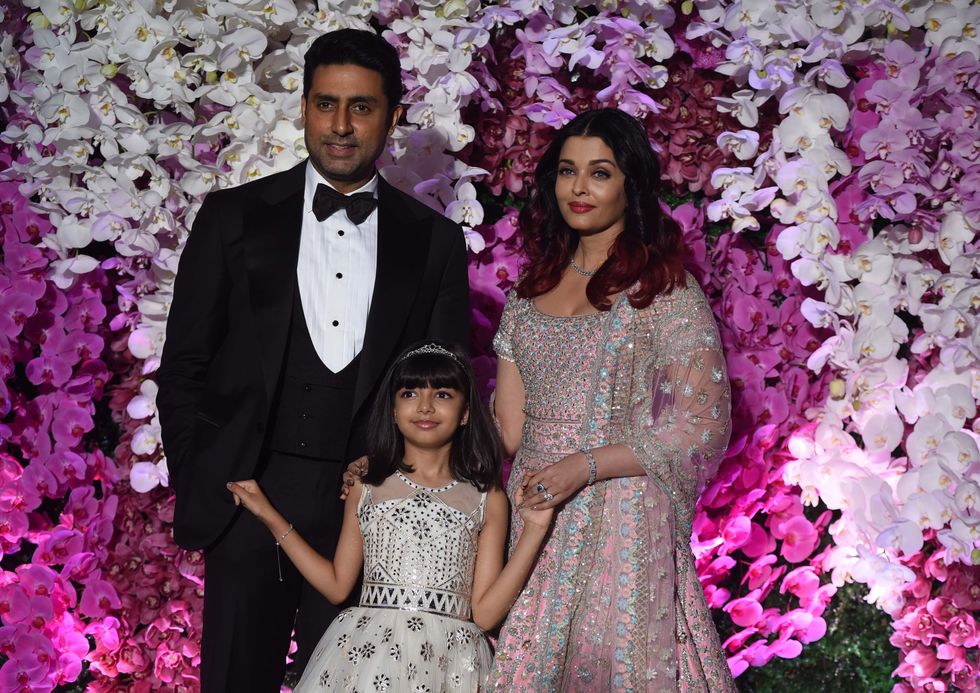 Aaradhya Bachchan has no access to social media or a personal phoneGetty Images
Aaradhya Bachchan has no access to social media or a personal phoneGetty Images  Abhishek Bachchan calls Aishwarya a devoted mother and partnerGetty Images
Abhishek Bachchan calls Aishwarya a devoted mother and partnerGetty Images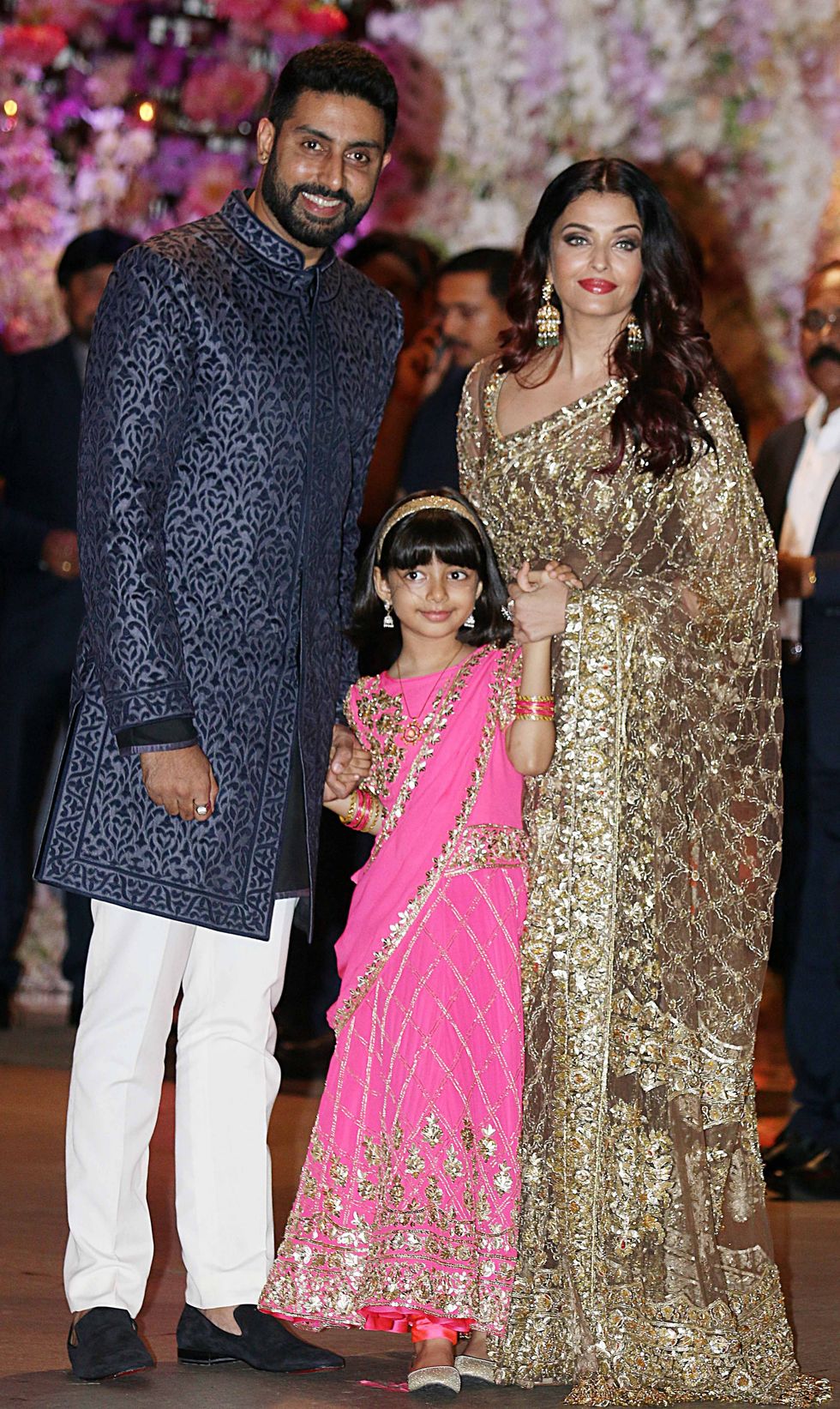 Aaradhya is now taller than Aishwarya says Abhishek in candid interviewGetty Images
Aaradhya is now taller than Aishwarya says Abhishek in candid interviewGetty Images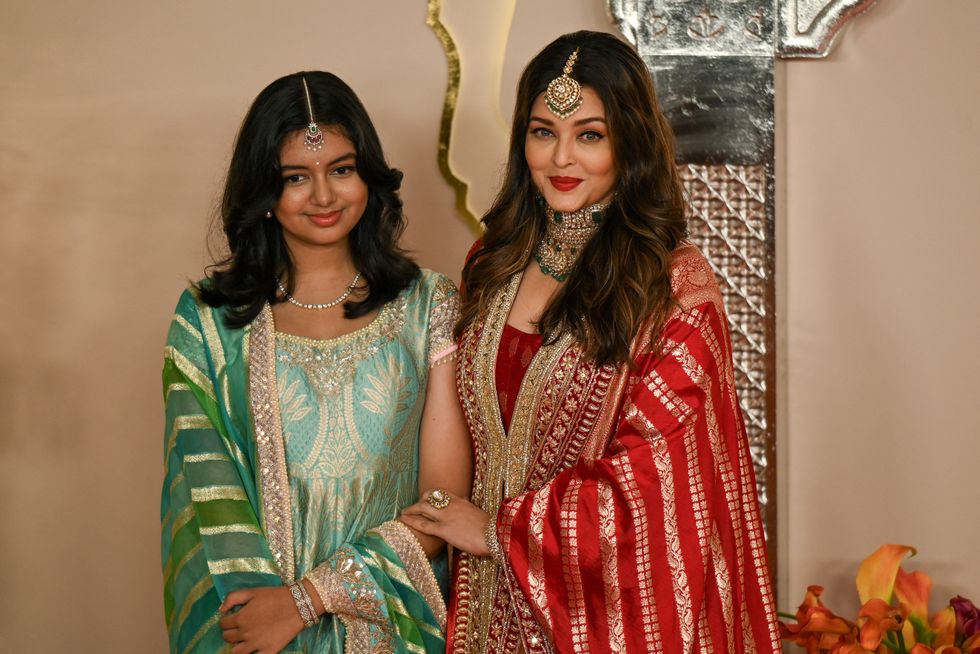 Aishwarya Rai often seen with daughter Aaradhya at public eventsGetty Images
Aishwarya Rai often seen with daughter Aaradhya at public eventsGetty Images








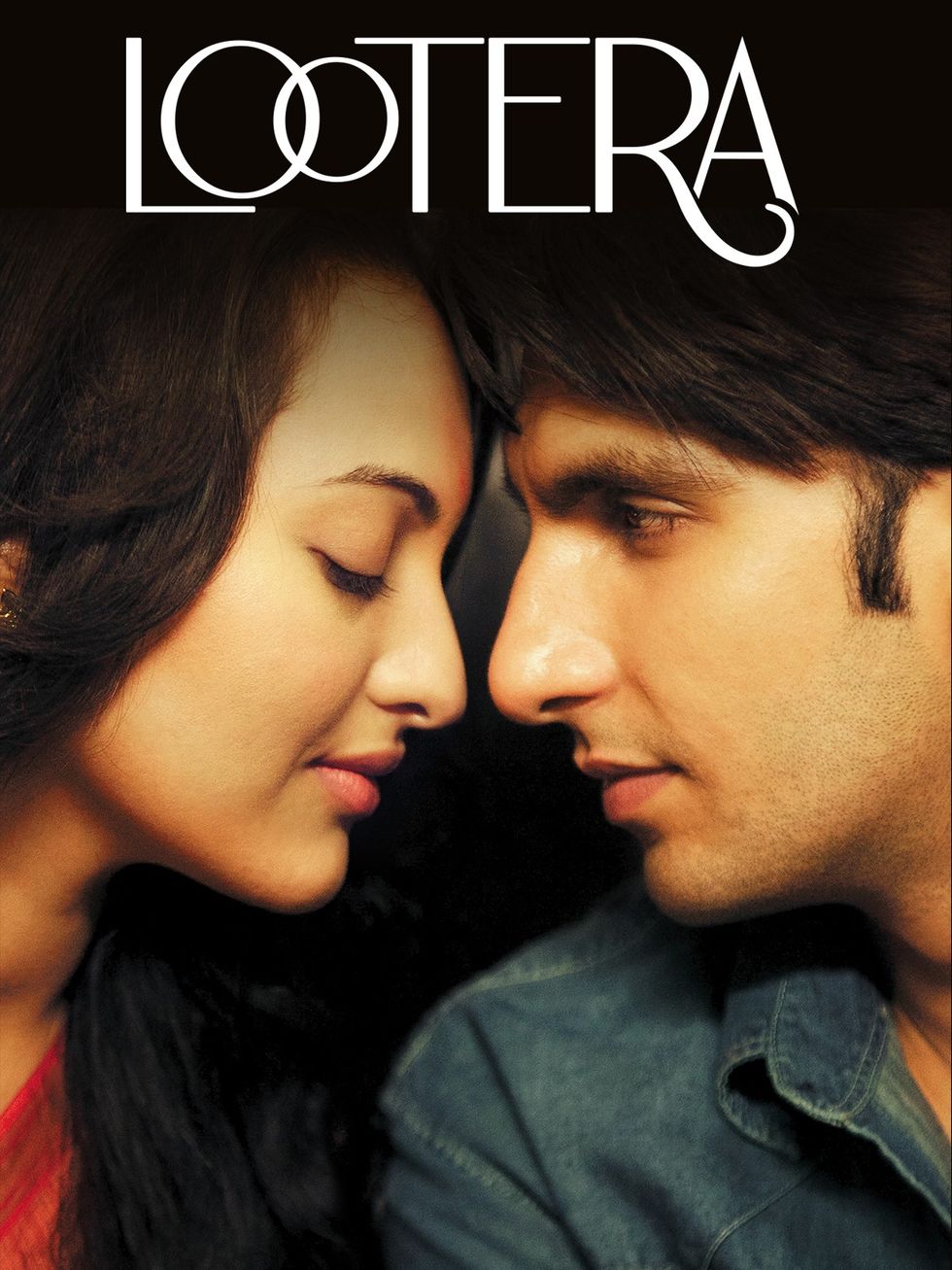 Lootera released in 2013 and marked a stylistic shift for Ranveer Singh Prime Video
Lootera released in 2013 and marked a stylistic shift for Ranveer Singh Prime Video 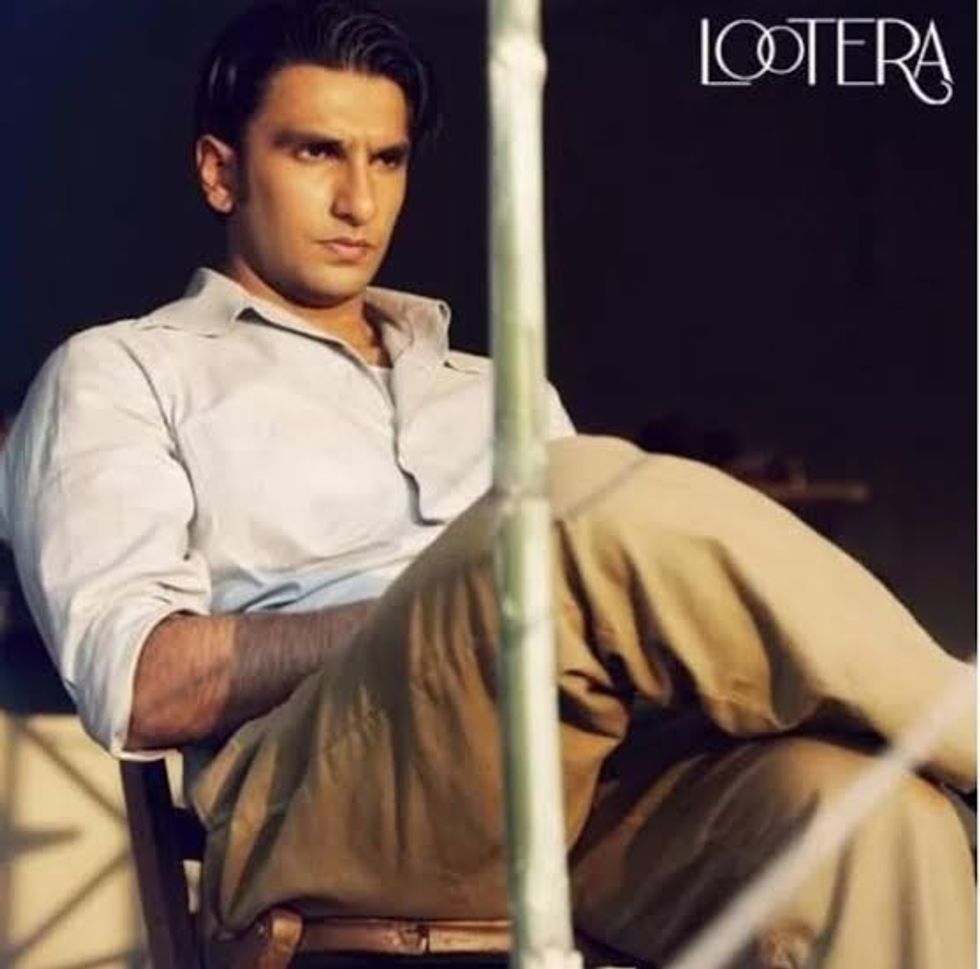 Ranveer Singh’s role as Varun showed he could command the screen without saying much
Ranveer Singh’s role as Varun showed he could command the screen without saying much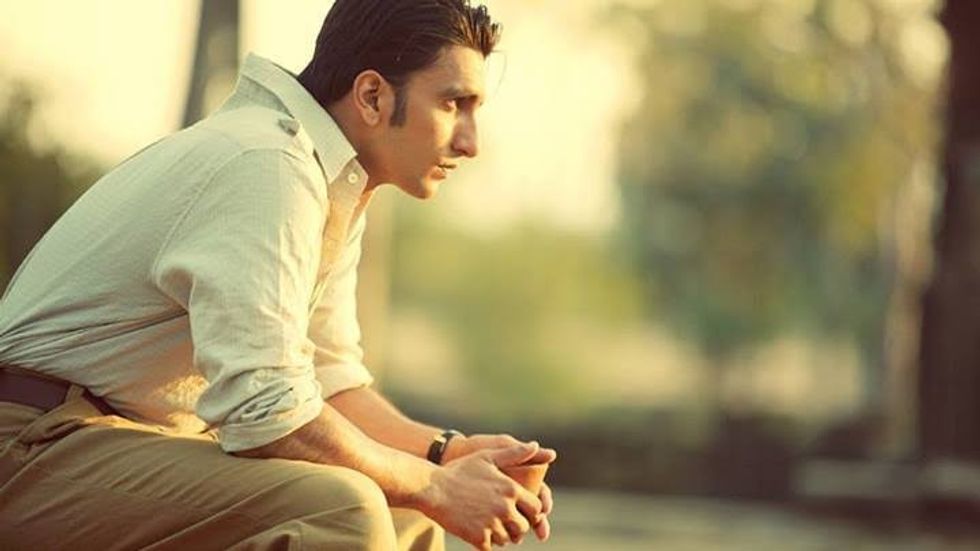 The period romance Lootera became a turning point in Ranveer Singh’s career
The period romance Lootera became a turning point in Ranveer Singh’s career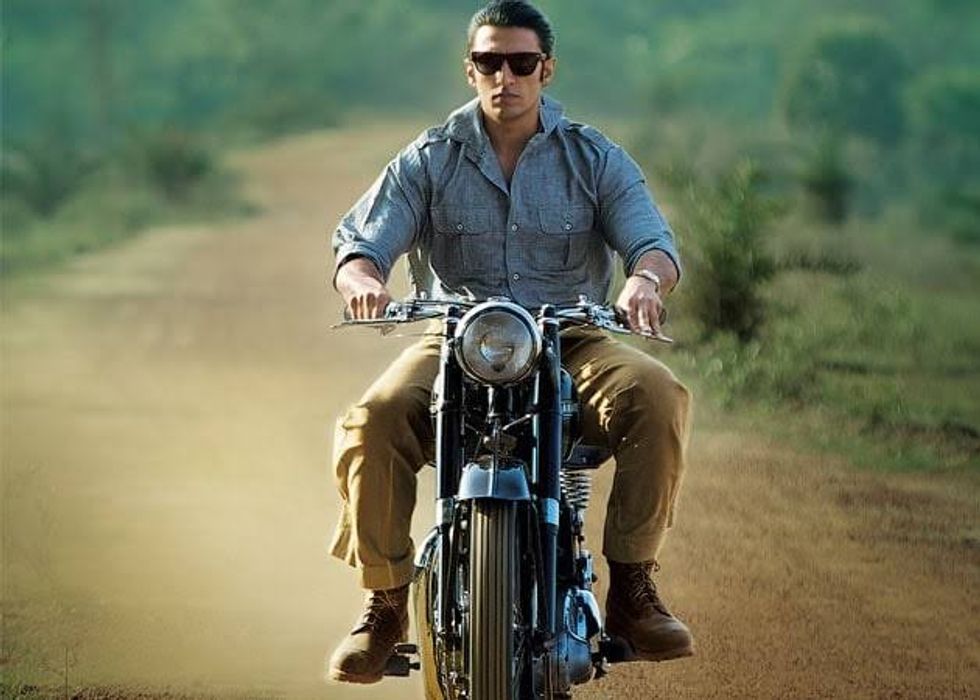 Ranveer Singh’s performance in Lootera was praised for its emotional restraint
Ranveer Singh’s performance in Lootera was praised for its emotional restraint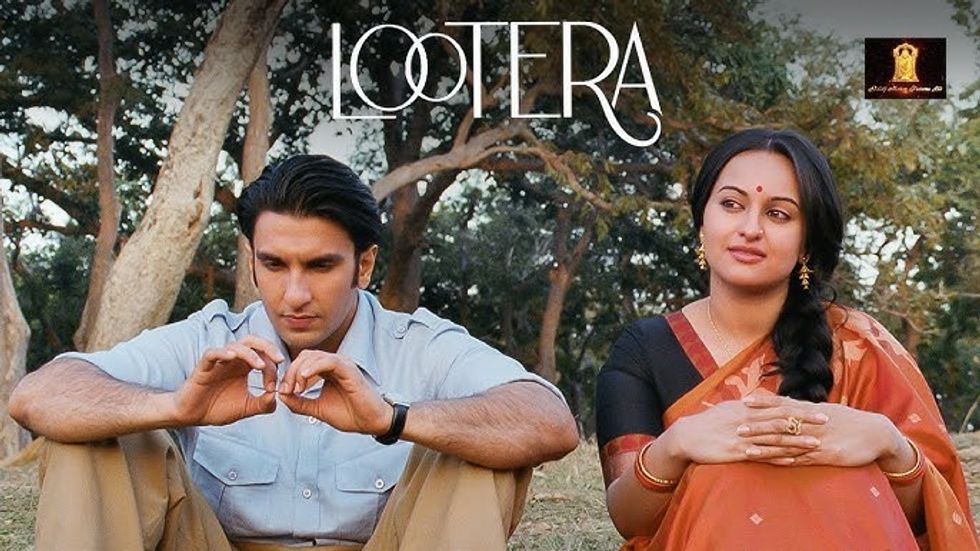 Ranveer Singh and Sonakshi Sinha starred in the romantic drama set in 1950s BengalYoutube/Altt Balaji Motion Pictures
Ranveer Singh and Sonakshi Sinha starred in the romantic drama set in 1950s BengalYoutube/Altt Balaji Motion Pictures 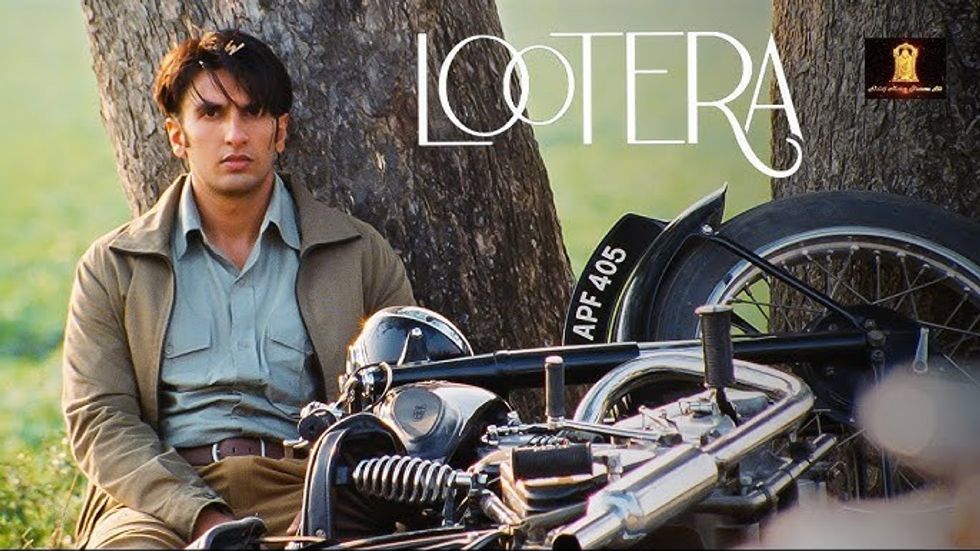 Lootera’s legacy has grown over the years despite its modest box office runYoutube/Altt Balaji Motion Pictures
Lootera’s legacy has grown over the years despite its modest box office runYoutube/Altt Balaji Motion Pictures
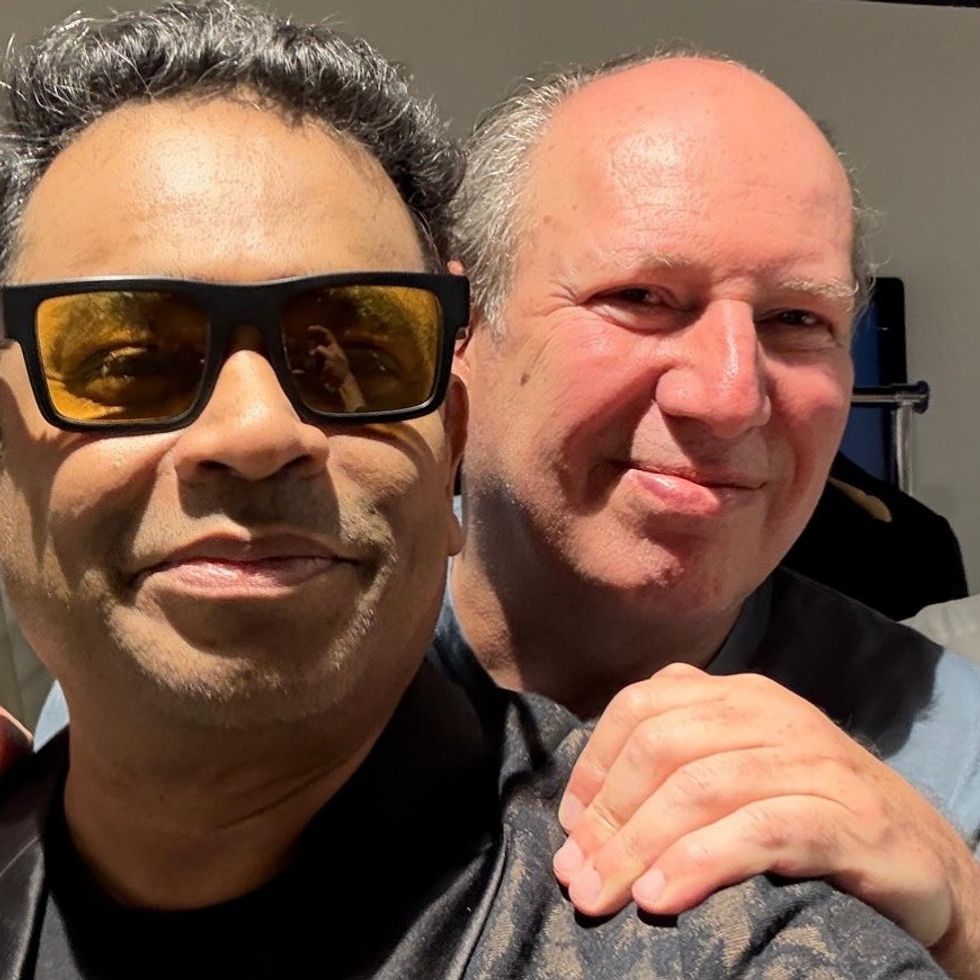 AR Rahman confirms collaboration with Hans Zimmer on InstagramInstagram/
AR Rahman confirms collaboration with Hans Zimmer on InstagramInstagram/
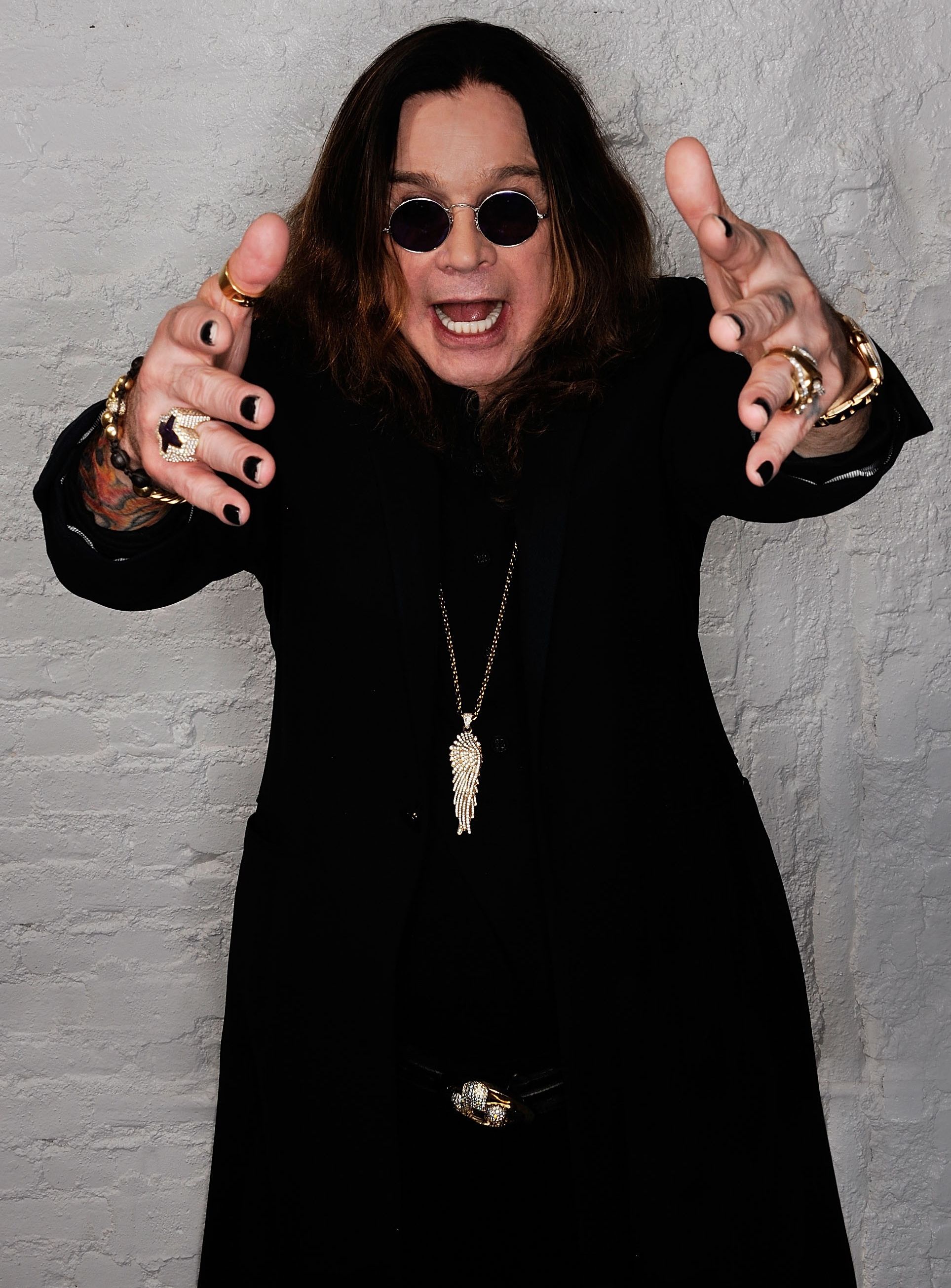 Ozzy Osbourne to perform one final time in BirminghamGetty Images
Ozzy Osbourne to perform one final time in BirminghamGetty Images 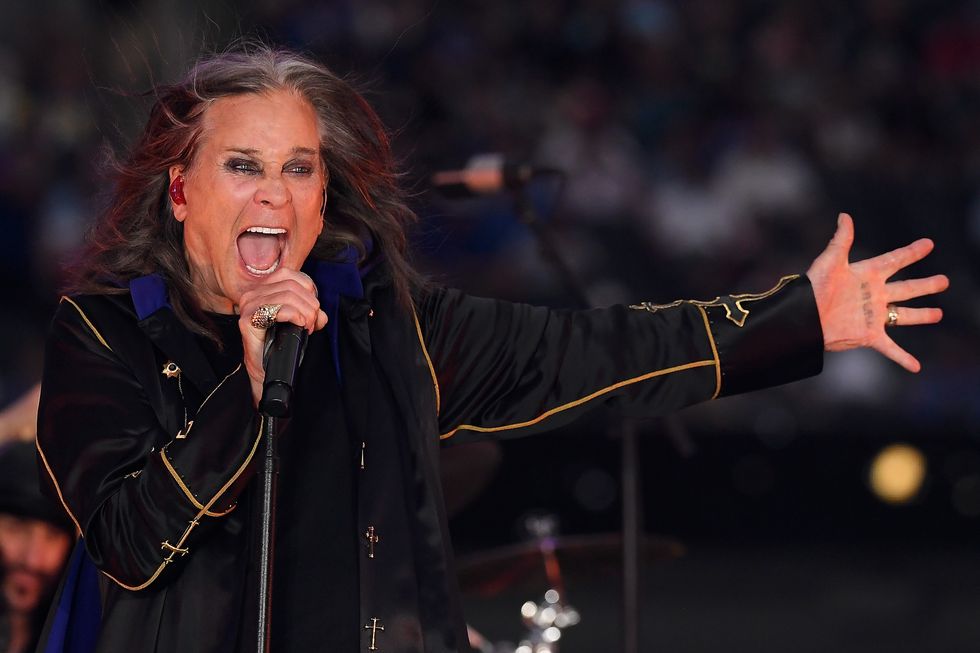 Ozzy Osbourne and Black Sabbath reunite in Birmingham for farewell concert after two decades Getty Images
Ozzy Osbourne and Black Sabbath reunite in Birmingham for farewell concert after two decades Getty Images 
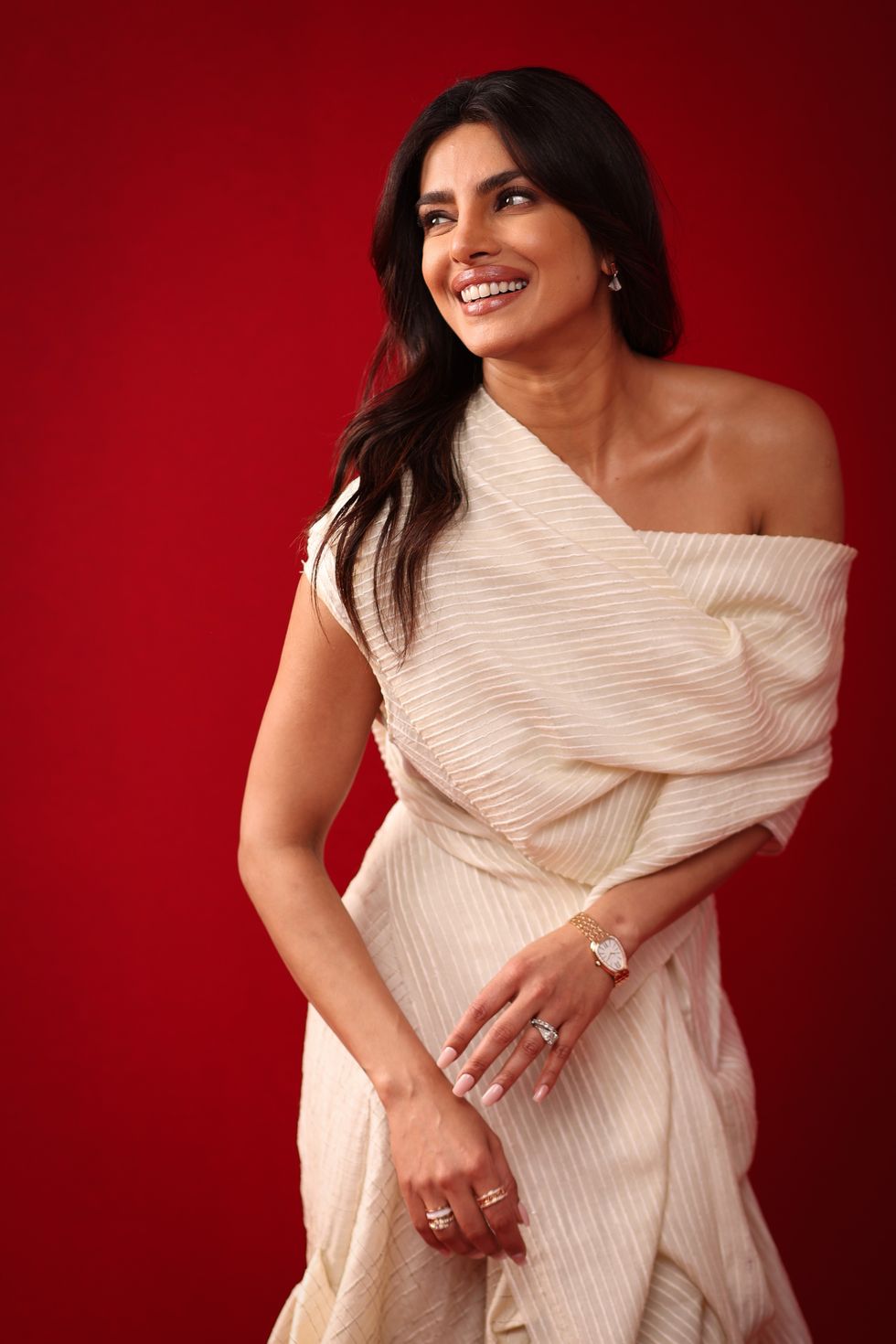 Priyanka Chopra calls herself nascent in Hollywood as 'Heads of State' streams on Prime VideoGetty Images
Priyanka Chopra calls herself nascent in Hollywood as 'Heads of State' streams on Prime VideoGetty Images 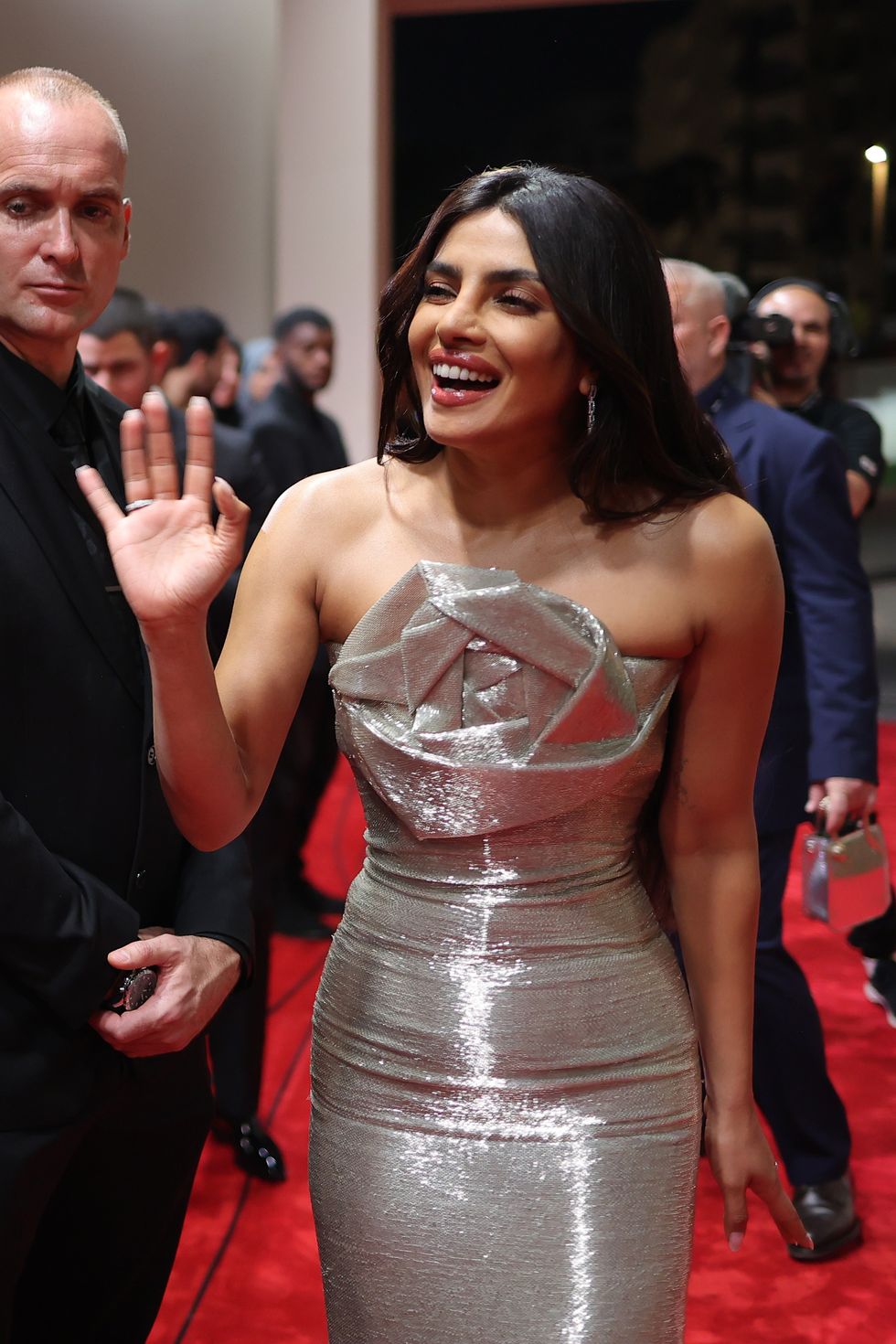 Priyanka Chopra wants to build her English film portfolio after Bollywood successGetty Images
Priyanka Chopra wants to build her English film portfolio after Bollywood successGetty Images  Ilya Naishuller, Priyanka Chopra and John Cena attend the special screening for "Head of State" Getty Images
Ilya Naishuller, Priyanka Chopra and John Cena attend the special screening for "Head of State" Getty Images